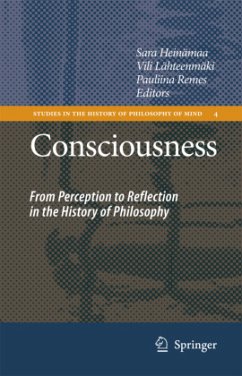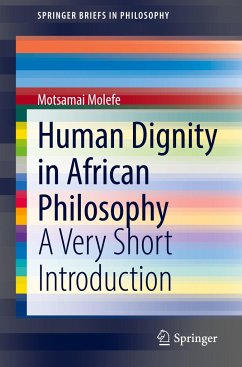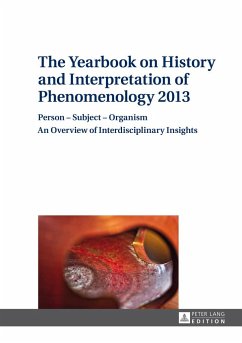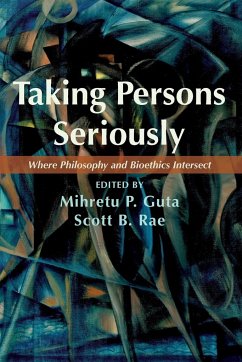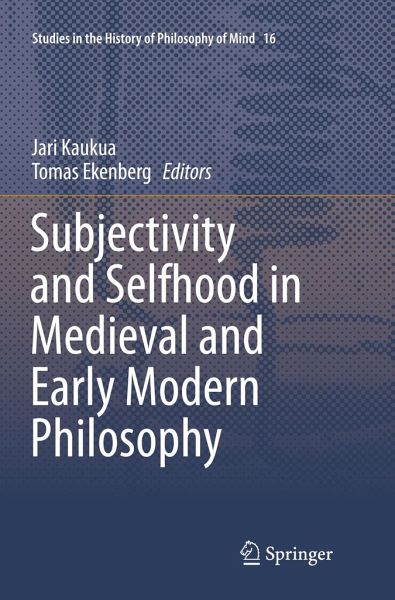
Subjectivity and Selfhood in Medieval and Early Modern Philosophy
Versandkostenfrei!
Versandfertig in 6-10 Tagen
91,99 €
inkl. MwSt.

PAYBACK Punkte
46 °P sammeln!
This book is a collection of studies on topics related to subjectivity and selfhood in medieval and early modern philosophy. The individual contributions approach the theme from a number of angles varying from cognitive and moral psychology to metaphysics and epistemology. Instead of a complete overview on the historical period, the book provides detailed glimpses into some of the most important figures of the period, such as Augustine, Avicenna, Aquinas, Descartes, Spinoza, Leibniz and Hume. The questions addressed include the ethical problems of the location of one's true self and the proper...
This book is a collection of studies on topics related to subjectivity and selfhood in medieval and early modern philosophy. The individual contributions approach the theme from a number of angles varying from cognitive and moral psychology to metaphysics and epistemology. Instead of a complete overview on the historical period, the book provides detailed glimpses into some of the most important figures of the period, such as Augustine, Avicenna, Aquinas, Descartes, Spinoza, Leibniz and Hume. The questions addressed include the ethical problems of the location of one's true self and the proper distribution of labour between desire, passion and reason, and the psychological tasks of accounting for subjective experience and self-knowledge and determining different types of self-awareness.








